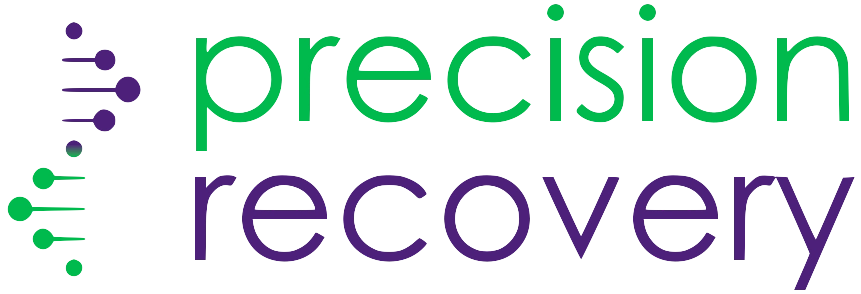Reward Deficiency Syndrome, or RDS, can be defined as a type of brain disorder caused by the significant lack of an essential chemical in the brain (known as a neurotransmitter) called dopamine. RDS can be acquired genetically, or through prolonged stress, and is related to several mental health disorders and addictions like compulsive gambling or drugs and alcohol addiction.
RDS and Addiction
There are many misconceptions surrounding addiction, like thinking one type of addiction isn’t as bad as another, or believing a person can just switch off their addiction at any time. But the truth is, addiction is a disease. While addiction does begin with a choice to partake, the chemistry of the brain changes over time, specifically the reward center of the brain. As a person uses a substance or does a specific action to get that ‘feel-good’ feeling, their own natural dopamine drops to suboptimal levels leading to Reward Deficiency Syndrome. This results in a cycle of abuse and dropping dopamine levels, thus leading to addiction. Below are three ways RDS occurs and can potentially lead to addiction.
Genetic
As RDS can occur as a result of genetics, addiction such as alcoholism can be tied to a person’s DNA. By taking a test, a person can find out if their pleasure-seeking actions or substance abuse are a result of naturally low dopamine levels.
Environmental
As dopamine is a neurotransmitter that also helps us deal with stress, having RDS can lead to a person finding ways to cope with stress. This can then lead to an abuse of substances or the development of behavior consistent with that of addiction.
Experiential
While not a natural occurrence, RDS can happen when a person decides to ‘give something a try.’ A bit of alcohol here, maybe a few smokes there. Eventually, what started as a tasting turns into a habit, later causing reward deficiency syndrome.
Treatment of RDS
The treatment of RDS will depend on several factors, such as if there is an underlying cause, if the condition is genetic, or if a patient with RDS has been diagnosed with a mental health condition. Treatment can range between and are not limited to, prescribing medication, counseling, and physical therapy. The taking of supplements, having a change in diet, or making lifestyle changes may be suggested. Doing so can help boost dopamine naturally, help break bad routines that could be leading to addictive behavior, or help adopt different activities to improve a person mentally and physically.
As RDA can occur genetically in an individual, getting tested is the best first step you can take to discover if you have it or not. Be aware of what could lead to your future actions, and help yourself be even more prepared.



